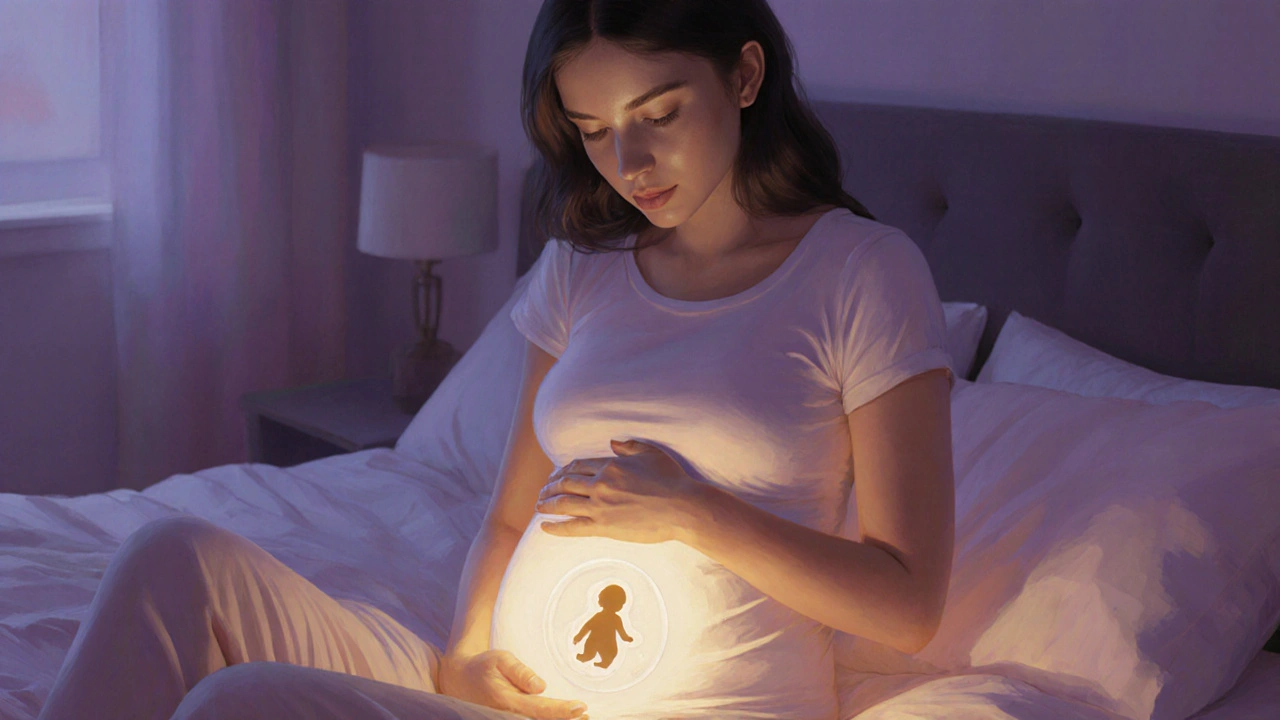Pregnancy Symptoms: What to Expect and When to Seek Help
When your body starts changing in ways you can’t explain, it’s easy to wonder: pregnancy symptoms, the physical and emotional changes that signal a developing pregnancy, often beginning before a missed period. Also known as early pregnancy signs, these cues aren’t always the same for everyone—but they’re your body’s way of telling you something’s shifting inside. Some people feel it right away. Others don’t notice anything until weeks later. And that’s okay. There’s no checklist that fits every body.
One of the most common pregnancy nausea, a feeling of queasiness or vomiting triggered by hormonal shifts, often called morning sickness even though it can hit at any time of day doesn’t always come with vomiting. Sometimes it’s just a sudden dislike for coffee, or the smell of last night’s dinner making you turn away. Then there’s pregnancy fatigue, an overwhelming tiredness that isn’t fixed by sleep, caused by rising progesterone and your body working hard to support a new life. It’s not laziness. It’s biology. Your energy is being redirected—no warning, no apology.
Other signs? Breast tenderness that feels like a bad bra day on steroids. A metallic taste in your mouth. Cravings or aversions that make no sense. Mood swings so sharp they surprise even you. These aren’t just "hormonal"—they’re pregnancy hormonal changes, the surge of hCG, estrogen, and progesterone that reshapes your brain chemistry, metabolism, and immune response. And yes, they can make you feel like a stranger in your own skin.
Not every symptom means pregnancy. Fatigue could be stress. Nausea could be a stomach bug. But if you’re sexually active and your period is late, and you’ve got a mix of these signs, it’s worth checking. A home test is a good start, but if symptoms are severe—like vomiting so much you can’t keep fluids down, or sharp pain in your belly—that’s not normal. That’s a signal to talk to a provider. Early care matters, whether you’re planning to continue the pregnancy or not.
The posts below cover real stories and facts about how medications, supplements, and health conditions interact with these changes. You’ll find guides on birth control pills that might mask early signs, pain relievers to avoid, iron supplements that help with fatigue, and anti-nausea options that actually work. No guesswork. Just clear, practical info from people who’ve been there.
Menstrual Cramps and Pregnancy: What to Expect
Learn why cramping continues after conception, how to tell implantation cramps from period pain, safe relief methods, and red‑flag signs that need medical attention.
More
